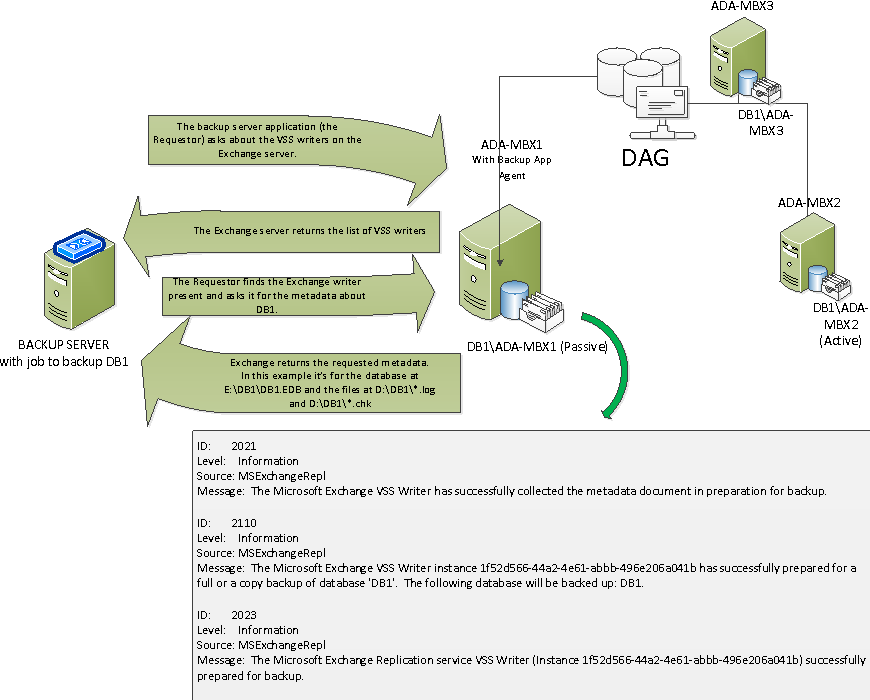
Backup of Exchange Services:
- By admin
- Tech
- 0 Comments

Communication
Introduction: In today’s digital age, email has become the lifeblood of communication for businesses, with Microsoft Exchange being a widely adopted platform. However, the reliance on Exchange email services also brings the need for a robust backup strategy. In this article, we explore the importance of backup for Exchange email services and how it plays a crucial role in safeguarding critical communication.
1. Protection against Data Loss: Exchange email services store vast amounts of valuable data, including important correspondence, attachments, contacts, and calendar entries. Without a proper backup solution in place, businesses risk permanent data loss due to hardware failures, accidental deletions, malware attacks, or natural disasters. Backup ensures that a copy of this critical data is securely stored and can be easily restored when needed, minimizing the impact of potential data loss incidents.
2. Business Continuity and Disaster Recovery: Exchange email services are vital for uninterrupted business operations. In the event of a system outage or server failure, having a backup allows for quick recovery, ensuring minimal downtime and maintaining business continuity. Backup solutions provide the necessary data replication and recovery capabilities to bring Exchange services back online efficiently, reducing productivity losses and potential revenue impacts.
3. Compliance and Legal Requirements: Many industries are subject to compliance regulations that govern data retention and privacy. Backup solutions for Exchange email services play a crucial role in meeting these requirements. They enable businesses to retain and secure email data for the mandated periods, ensuring compliance with industry-specific regulations, such as GDPR, HIPAA, or SOX. In case of legal disputes or e-discovery requests, having a reliable backup helps organizations provide the necessary evidence and meet their legal obligations.
4. Protection against Malware and Ransomware Attacks: Exchange email services are prime targets for malware and ransomware attacks. Cybercriminals constantly evolve their tactics to exploit vulnerabilities and gain unauthorized access to sensitive email data. Having a backup ensures that organizations can recover their Exchange email services to a clean state, eliminating malware infections and avoiding potential ransom demands. Backup solutions with versioning capabilities also enable the restoration of emails prior to the attack, reducing the impact on business operations.
5. Accidental Deletion and User Errors: Human error is a common cause of data loss within Exchange email services. Accidental deletion of critical emails or user errors in configuration settings can lead to irretrievable data loss. Backup solutions provide a safety net, allowing administrators to recover lost or deleted emails and restore user configurations to a previous working state. This capability helps mitigate the risks associated with human errors and ensures business continuity.
Conclusion: The importance of backup for Exchange email services cannot be overstated. It safeguards critical communication, protects against data loss, enables business continuity, ensures compliance with regulations, defends against malware attacks, and mitigates the risks of human error. By implementing a reliable backup solution tailored to Exchange email services, businesses can confidently navigate the challenges of data protection and recovery, ensuring uninterrupted access to critical information and maintaining the integrity of their communication infrastructure.








Social List